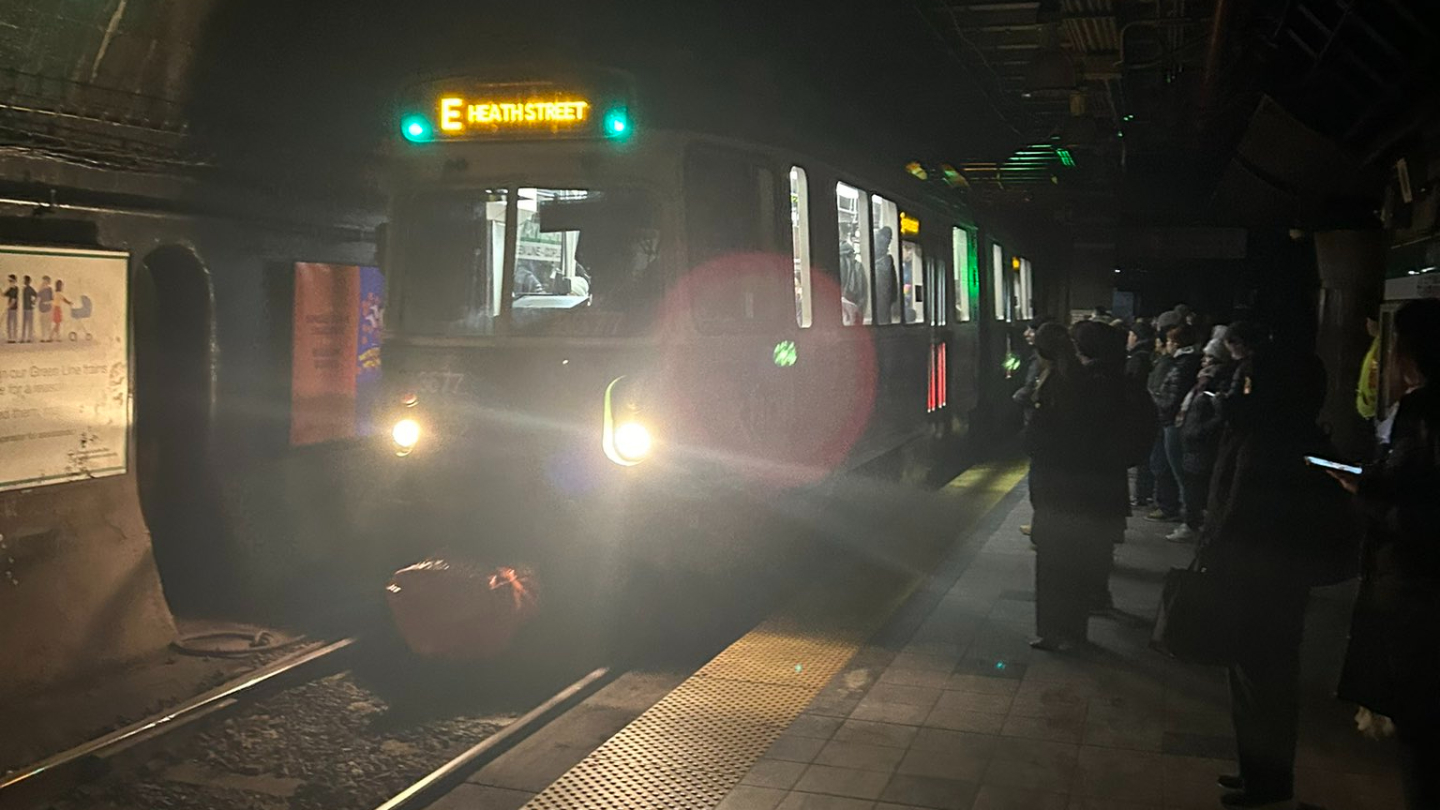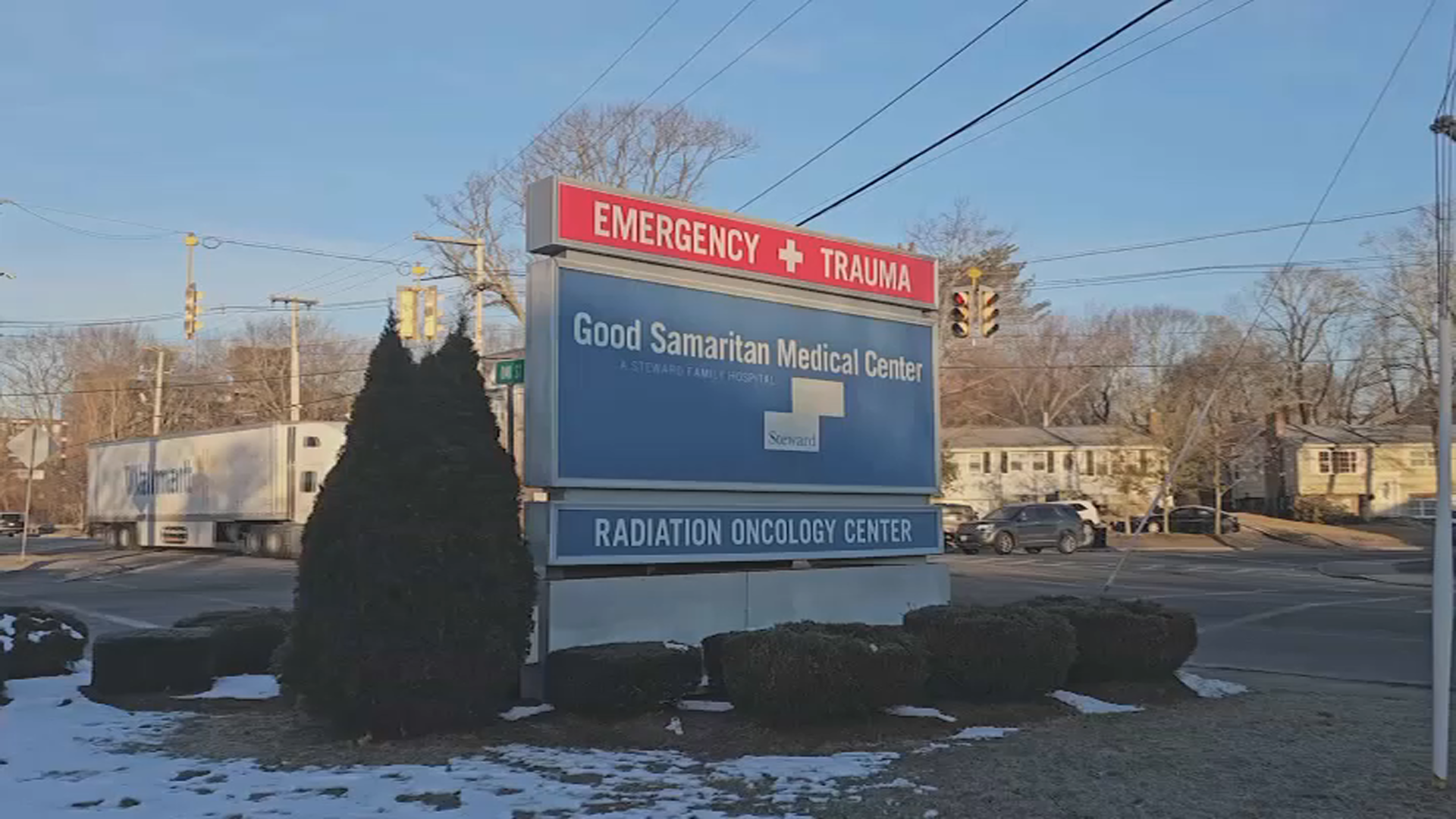
Massachusetts drivers racked up nearly 40% more traffic violations last year than they did in 2020, driven in large part by a substantial increase in warnings issued by law enforcement, new data shows.
Altogether, motorists across the state received nearly 1.08 million violations in 2023, up from just fewer than 776,000 in 2020, according to figures presented Tuesday by the state board in charge of maintaining driving violation records.
WATCH ANYTIME FOR FREE
>Stream NBC10 Boston news for free, 24/7, wherever you are. |
Merit Rating Board Director Sonja Singleton told fellow members of the group, which is part of the state Registry of Motor Vehicles, that more than six in 10 of the violations counted last year were, in fact, warnings. About one-quarter were civil violations, and the remainder were criminal violations.
In addition to making up a majority of the violations counted, warnings also grew at a much faster rate than civil or criminal offenses, the data show.
Get updates on what's happening in Boston to your inbox. Sign up for our >News Headlines newsletter.
The Merit Rating Board counted about 429,000 warnings in 2020 and 683,000 in 2023 -- a nearly 60% increase. Civil violations increased about 14 percent over the same span, while criminal violations grew about 12% in that period.
But state officials did not offer much explanation or insight into why warnings have grown so much more than other kinds of violations. Asked to detail any possible reasons behind the trends, a Department of Transportation official deferred comment to law enforcement.
One potential factor behind the overall growth in violations is traffic. Far more drivers were on the road in 2023 than in 2020, when many businesses, schools and other facets of public life were closed for extended periods due to the COVID-19 pandemic. Higher volumes could translate into more violations.
Another contributor to the increase -- but not the cause of all of it -- is a change in state law.
The state in 2020 began implementing a new distracted driving ban that permits motorists to make only a single tap or swipe on a device to activate its hands-free mode while behind the wheel.
That year, which was affected by the pandemic, police issued more than 29,600 citations for violations of the new distracted driving law, according to data Singleton presented Tuesday. The number of citations continued to increase in each subsequent year to more than 44,000 in 2021, 51,000 in 2022 and nearly 54,000 in 2023.
"They're really trying to do a lot of awareness around distracted driving, but we still continually see those numbers increase," Singleton said during the board meeting.
As is the case with all violations more broadly, the majority of distracted driving citations are recorded as warnings. About 40,000, or roughly 75 percent, of the distracted driving citations in 2023 consisted of warnings.
While enforcement continues to ramp up, distracted driving did not crack the top three most commonly issued violations in 2023, according to Singleton's presentation. That list was topped by speeding, with about 275,000 total violations; inspection sticker issues, with about 105,000 violations; and failure to stop or yield, with nearly 98,000 violations.
A single citation can cover multiple violations.
The state in recent years has also more fully embraced electronic citations over paper-only versions. In 2020, paper citations outnumbered their electronic counterparts 323,328 to 265,501, but the trend flipped in 2021 and the gap has continued to widen.
Last year, more than three-quarters of the 808,000 total citations issued were electronic rather than paper. Singleton said the Massachusetts State Police are now fully operating with e-citations, as are 290 out of 351 municipal police departments.
"We are still getting a lot of paper [citations], but you can see that the decrease -- it's exactly what we want to see," Singleton said.



